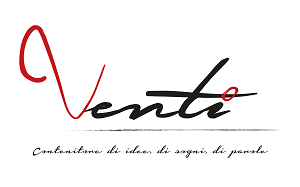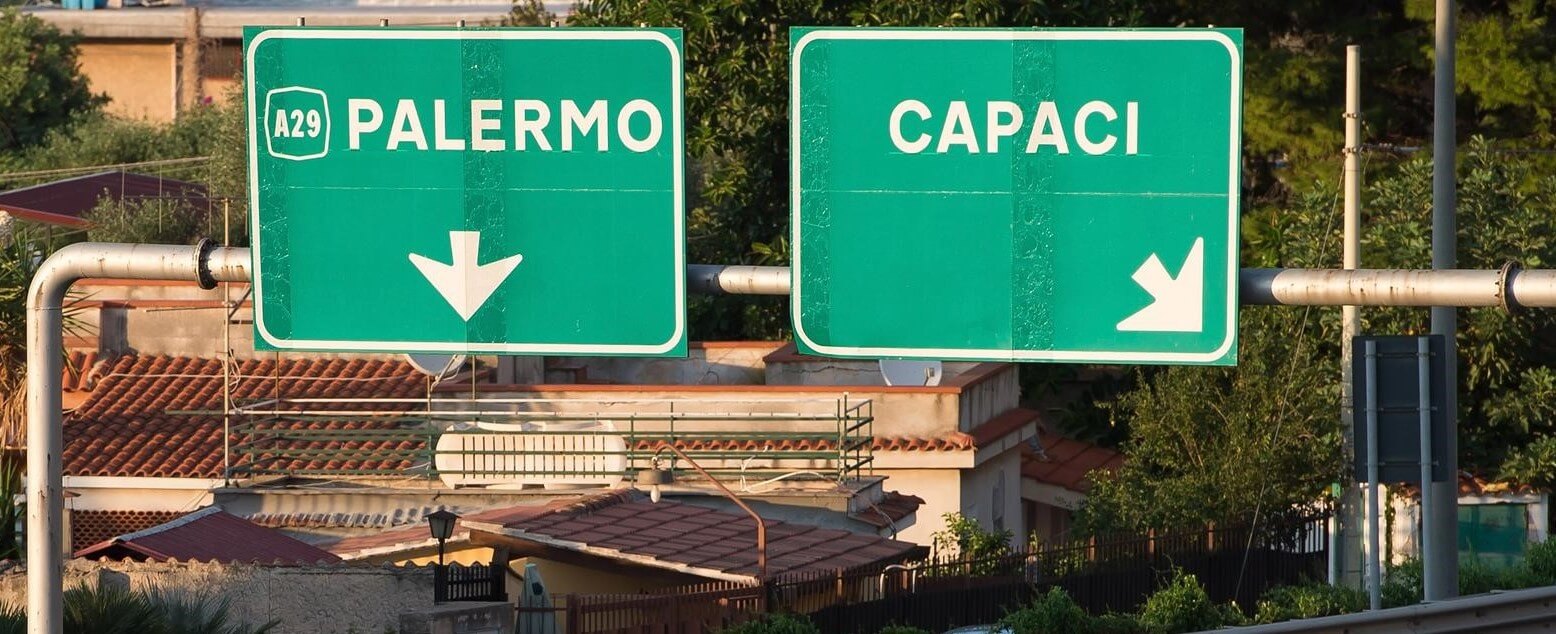It was a sunny day in Sicily on Saturday May 23, 1992, when judge Giovanni Falcone was heading back to Palermo from Rome. At 17.45, Falcone, his wife judge Francesca Morvillo, and seven police escort agents left the airport with three armoured cars. Few minutes later, that ordinary sunny day suddenly turned into one of the darkest days of Italian history.
At 17.58, the sunny sky wasn’t visible anymore: an explosion blew up the highway near the exit of Capaci – a town close to Palermo. Five hundred kilos of TNT hidden in a tunnel underneath the road were activated remotely when the three cars of the judges and their agents were passing by. The explosion killed the judges and three agents: Vito Schifani, Rocco Dicillo, and Antonio Montinaro.
But that detonation didn’t just end five lives, it brutally revolutionized an era. For many people fighting for the State over organized crime – “Servitori dello Stato” (State servants) – that event was a no-turning point. The loss of Falcone hit hard the whole city and its people, and it forced them to wake up in the name of one of those who led the “maxi-processo” (maxi-trial). In fact, just a few months prior, Falcone and other judges concluded the largest criminal trial against more than 400 mafia men, damaging the interests of the “Cosa Nostra”.
Falcone was gone, but what he left for the society was everlasting. The investigative approach against crime created during his years of service, the so-called “Falcone Method”, would not die with him. This technique is based on an easy and intuitive rule: following the money.
As a matter of fact, monitoring the economic transactions allows detectives to capture the criminal activity and the unexpected connections that exist between criminal families and businesses. This method was used on large scale during the investigation in the “Spatola” trials, and it led to the conviction of 75 members of the Spatola, Gambino, and Inzerillo gangs.
On May 23rd 1992, the entire country realized that mafia cannot be dismissed as a social disfunction confined in the remote regions of Southern Italy. This acknowledgment becomes even more evident exactly 57 days after Falcone’s death. In fact, on the 19th of July 1992, a Maxi-trial judge, colleague, and friend of Giovanni Falcone was executed. In another mafia attack, Paolo Borsellino was brutally killed in Palermo (Via D’Amelio bombing). Five police escort agents – Agostino Catalano, Emanuela Loi, Vincenzo Li Muli, Walter Eddie Cosina, and Claudio Traina – were also killed that day.
Falcone and Borsellino were not idealists who fought alone, their ideas and ideals live with us. They are a source of inspiration for everyone, from businessmen and women to future generations of prosecutors worldwide. Many others Falcone are fighting battles around the world in contrast to organizations that are preventing a legal and healthy growth of territories and communities. To name one, Marcelo Pecci, a Paraguayan anti-mafia prosecutor, focused his investigative activity on drug trafficking in South America. He was shot dead on the 10th of May 2022 during his honeymoon in Colombia.
In these years, there has been also an uptake of volunteer movements and cultural associations that decided to stand up to criminal phenomenon. One of these is Addiopizzo, founded in Palermo in 2004 by a small group of young people.
It promotes a local virtuous economy through the support to businesses that are not involved with racket – a lucrative form of extorsion that affects mainly small and family businesses. Addiopizzo assists victims of this crime with legal support and also promotes social inclusion projects in neglected areas of the city, because – as mentioned on their website: “Any action to combat the mafia is not enough if the social unease and urban decay that contribute to fueling the phenomena of deviance are not addressed at the same time.”
As I already discussed with a public prosecutor in an interview published on this blog “tenacious journalists, entrepreneurs, artists, and local associations are defending their communities with silent but powerful battles, often putting at risk their own lives and the ones of their relatives. Those examples need to be spread around more often. And why is that?
Because too many times I heard that “the system” is too big to be fought or some areas have been forgotten for such a long time that now is too late to change the reality. This is the point where resignation replaces hope. Things can change starting from a small gesture, despite adverse conditions. Is this an easy job? Not at all. I actually believe that a tremendous and collective effort needs to be put in place to change the mentality, and this change is not going to happen overnight.”
Giovanni Falcone, Paolo Borsellino, Francesca Morvillo, Vito Schifani, Rocco Dicillo, Antonio Montinaro, Agostino Catalano, Emanuela Loi, Vincenzo Li Muli, Walter Eddie Cosina, Claudio Traina, Marcelo Pecci and many more would be proud of to see how culture is slowly changing and how we are honoring their legacy, trying to make every ordinary day a bit brighter than the previous one.
Lavora con i numeri ma ama le parole. Le sue radici affondano nella Magna Grecia, ma dopo aver vissuto in 5 Nazioni su 2 continenti ha molti posti che può chiamare casa. Storyteller wannabe


